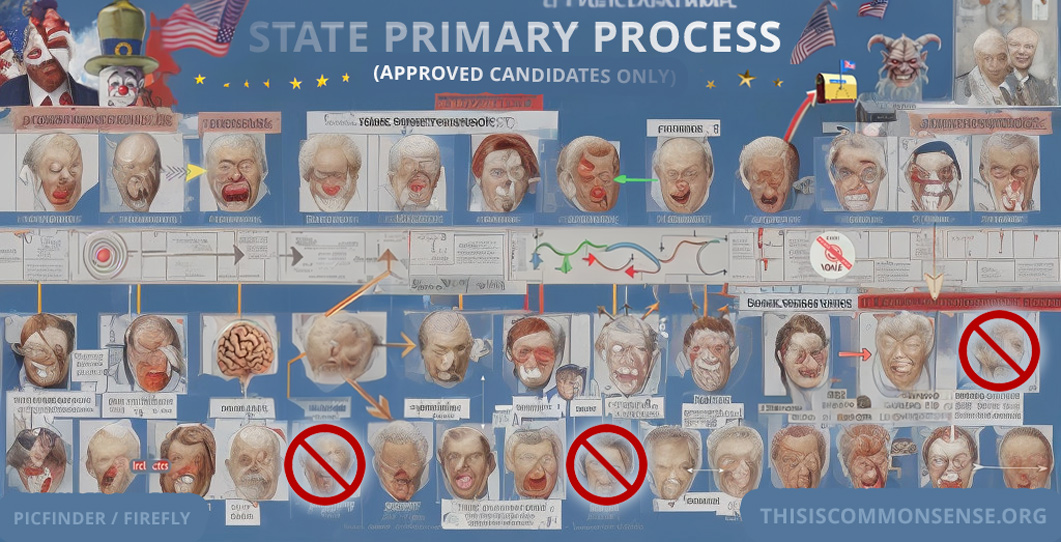Jose Barrios was “quite happy to hear we’re going to have more democracy, not less in the District of Columbia.”
Barrios, the president of D.C. Latino Caucus, was reacting to a federal judge’s ruling to toss out the legal challenge, brought by several city voters, to the D.C. Noncitizen Voting Act.
That underlying law, passed by the DC City Council in 2022, certainly puts the “more” into democracy, allowing anyone residing in our nation’s capital for 30 days, even if in the country illegally, to legally vote for mayor, city council and local ballot measures.
And I do mean “anyone.” China’s ambassador to the U.S. and other Chinese nationals working at their embassy are today eligible voters in Washington. Same for the FSB agents and other Russian nationals working out of their embassy.
Federal Judge Amy Berman Jackson dismissed the lawsuit on the grounds that plaintiffs “were simply raising a generalized grievance.” She elaborated: “They may object as a matter of policy to the fact that immigrants get to vote at all, but their votes will not receive less weight or be treated differently than noncitizens’ votes.”
I object to her poor choice of terms. “Immigrants” have been voting in this country for the last century and hopefully always will: By becoming citizens.
The judge’s ruling also highlights that who votes is a pretty fundamental constitutional question, one that voters should decide.
Yesterday, Idaho’s legislature voted to place a Citizen Only Voting Amendment on this November’s ballot — joining Wisconsin, Iowa, and Kentucky, which have similar amendments on the ballot.
Certainly, yes, bestowing the vote on foreign citizens residing in the city for 30 days is an expansion of democracy. But sometimes more is less.
So, let’s ask voters.
This is Common Sense. I’m Paul Jacob.
Illustration created with PicFinder and Firefly
—
See all recent commentary
(simplified and organized)





